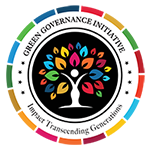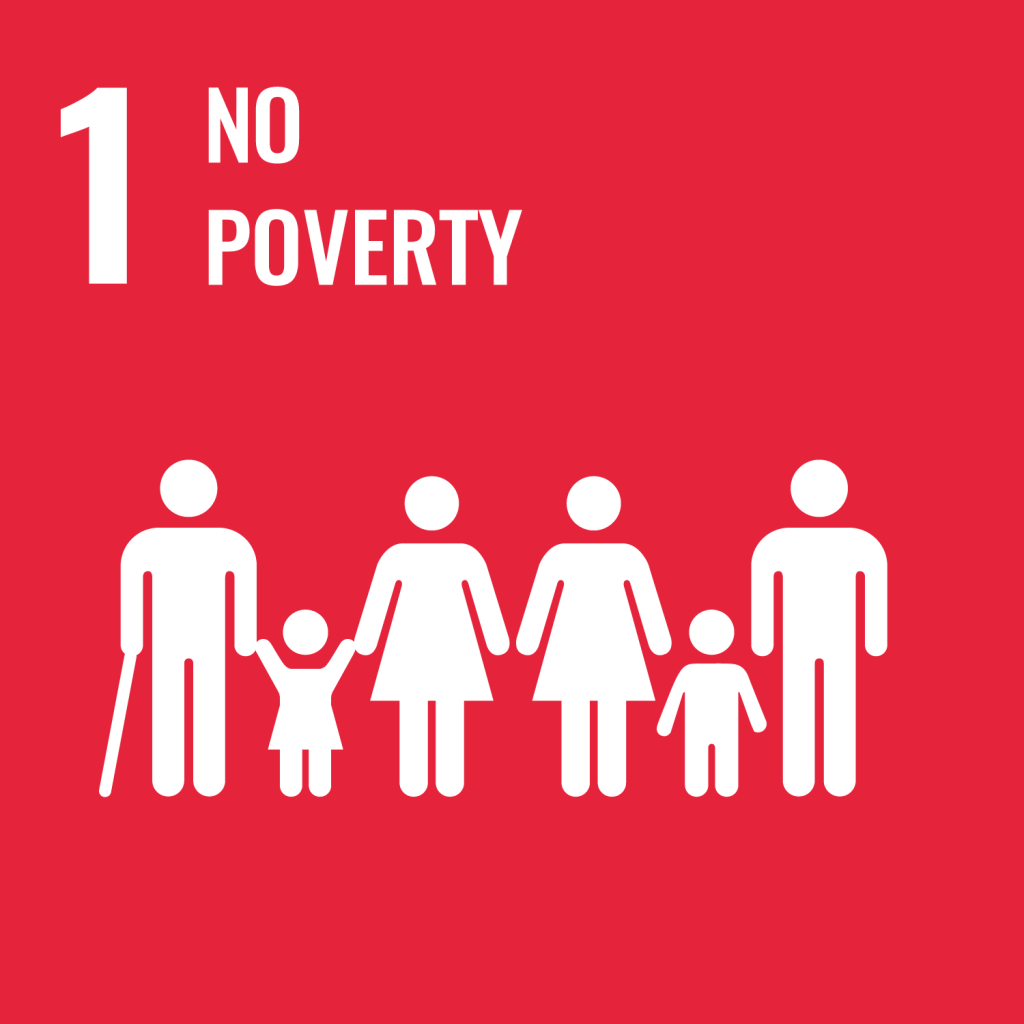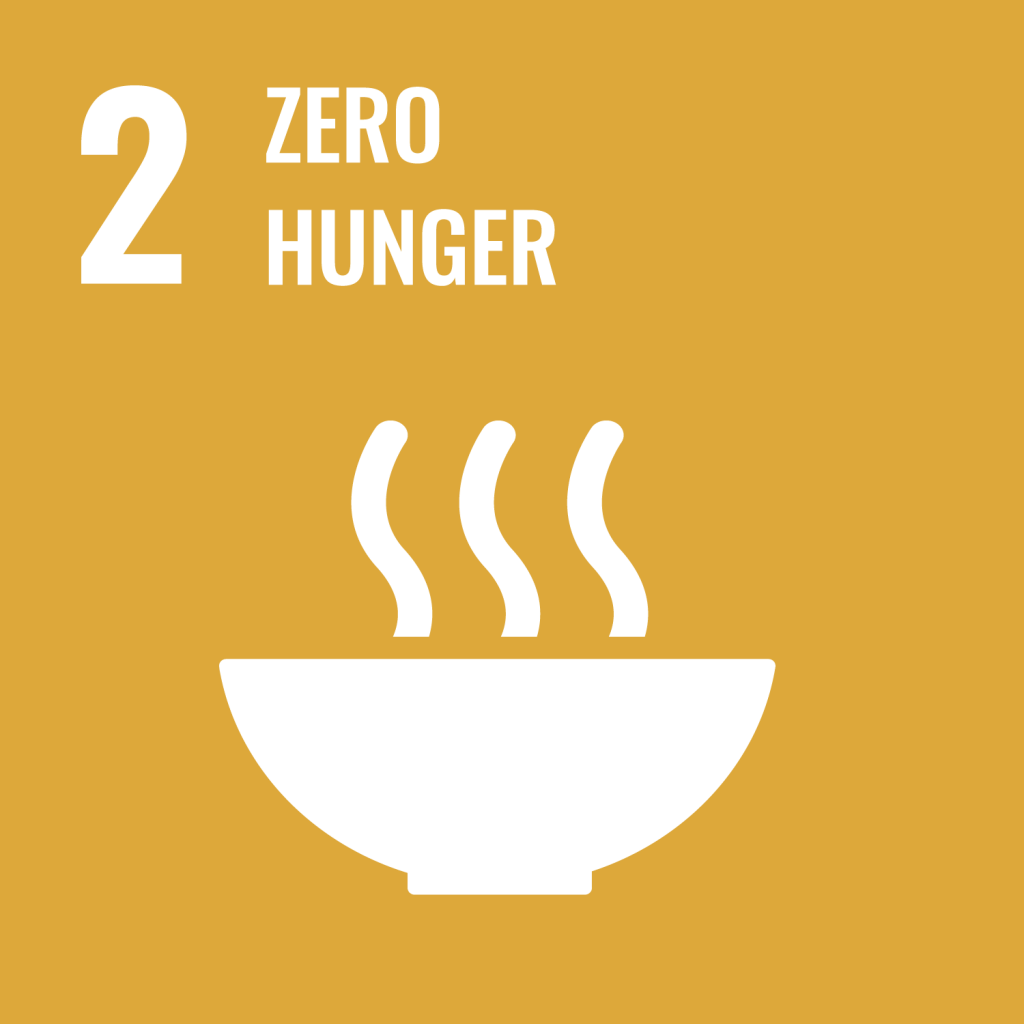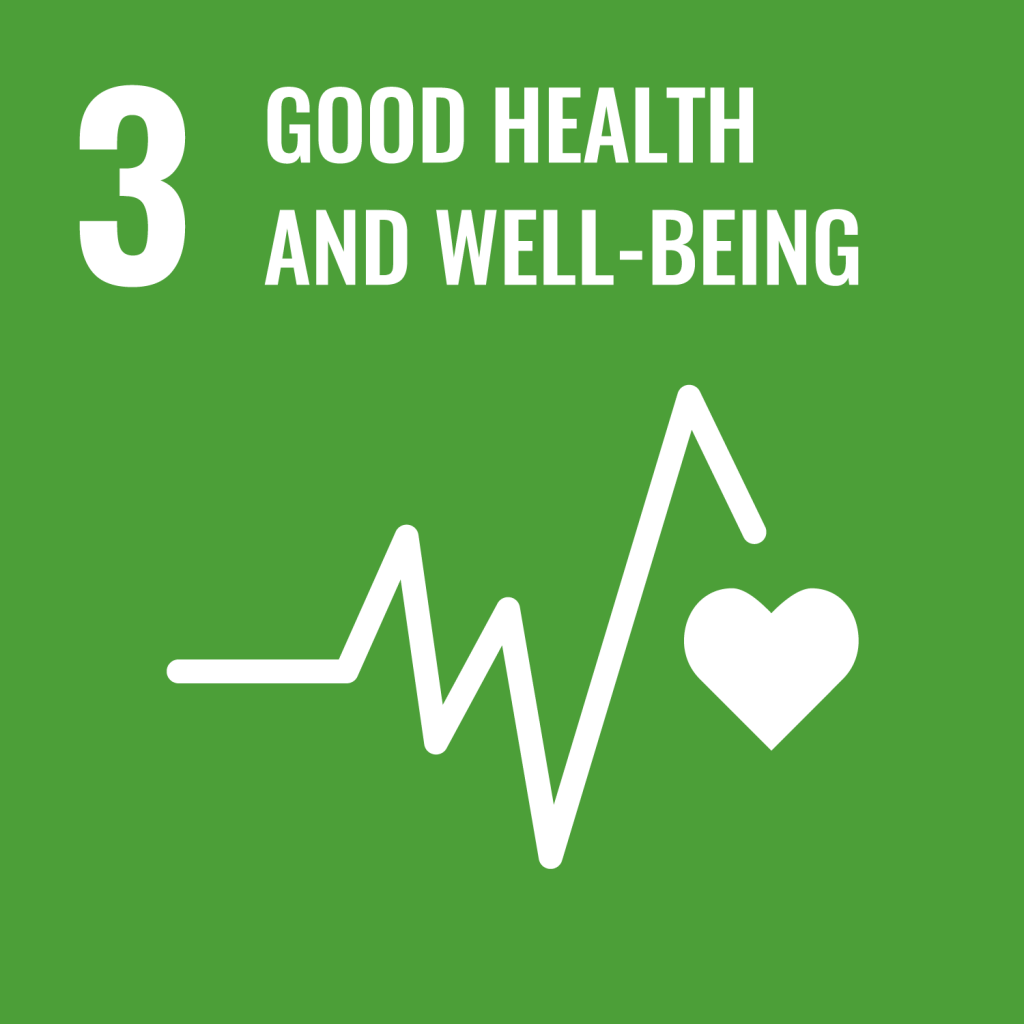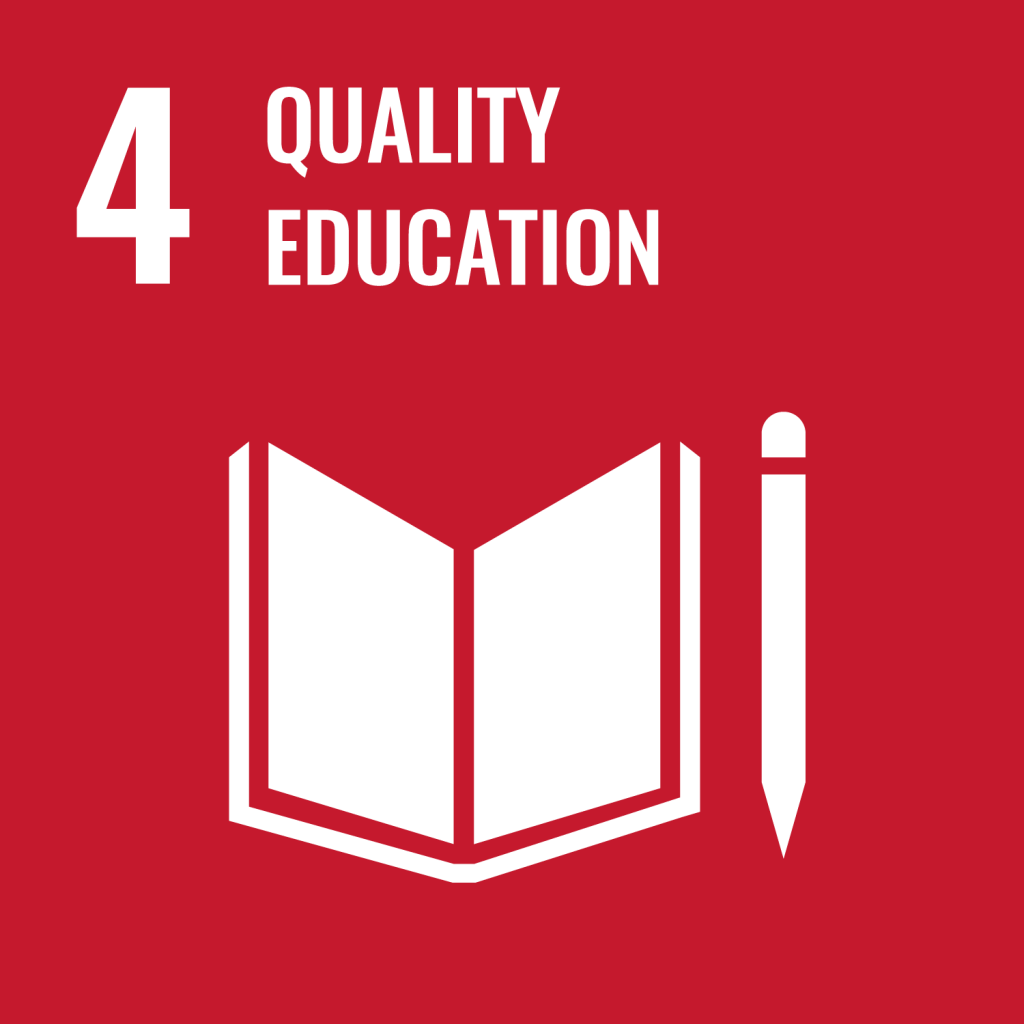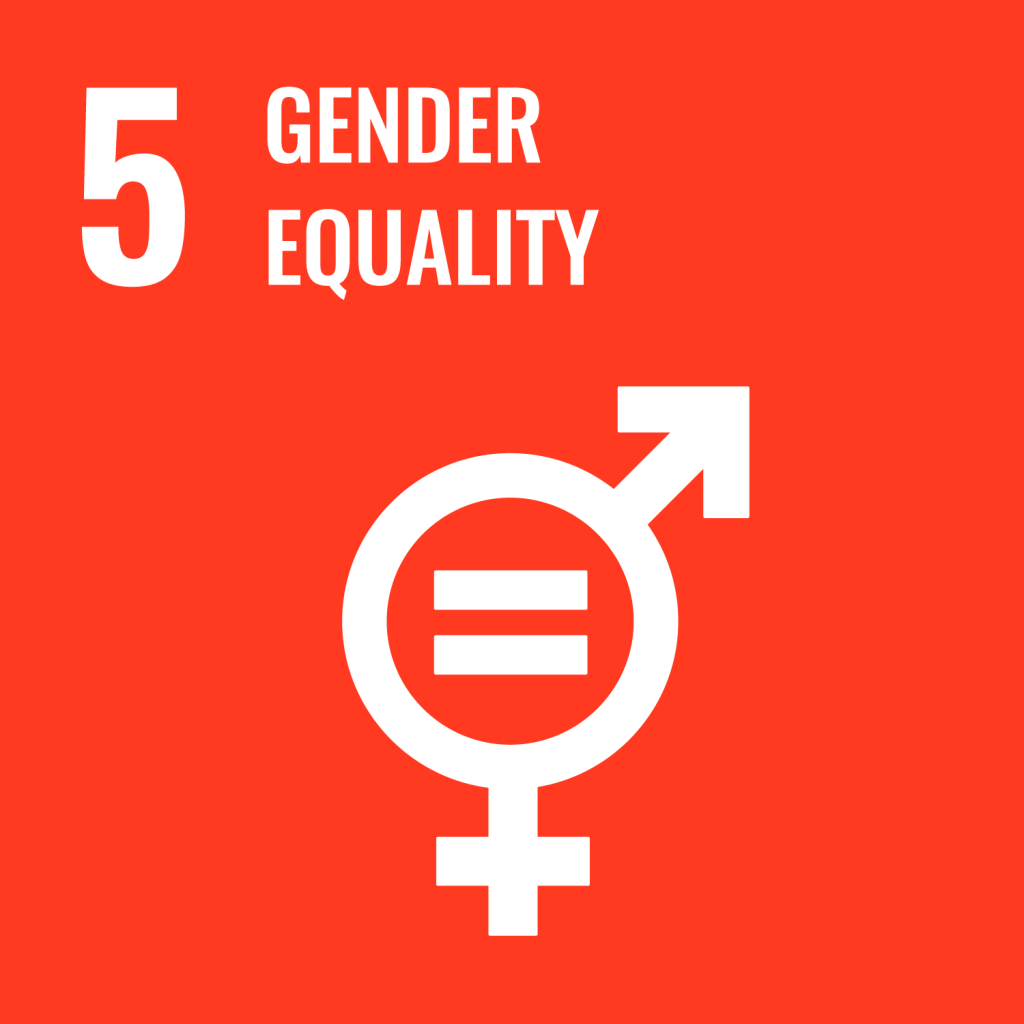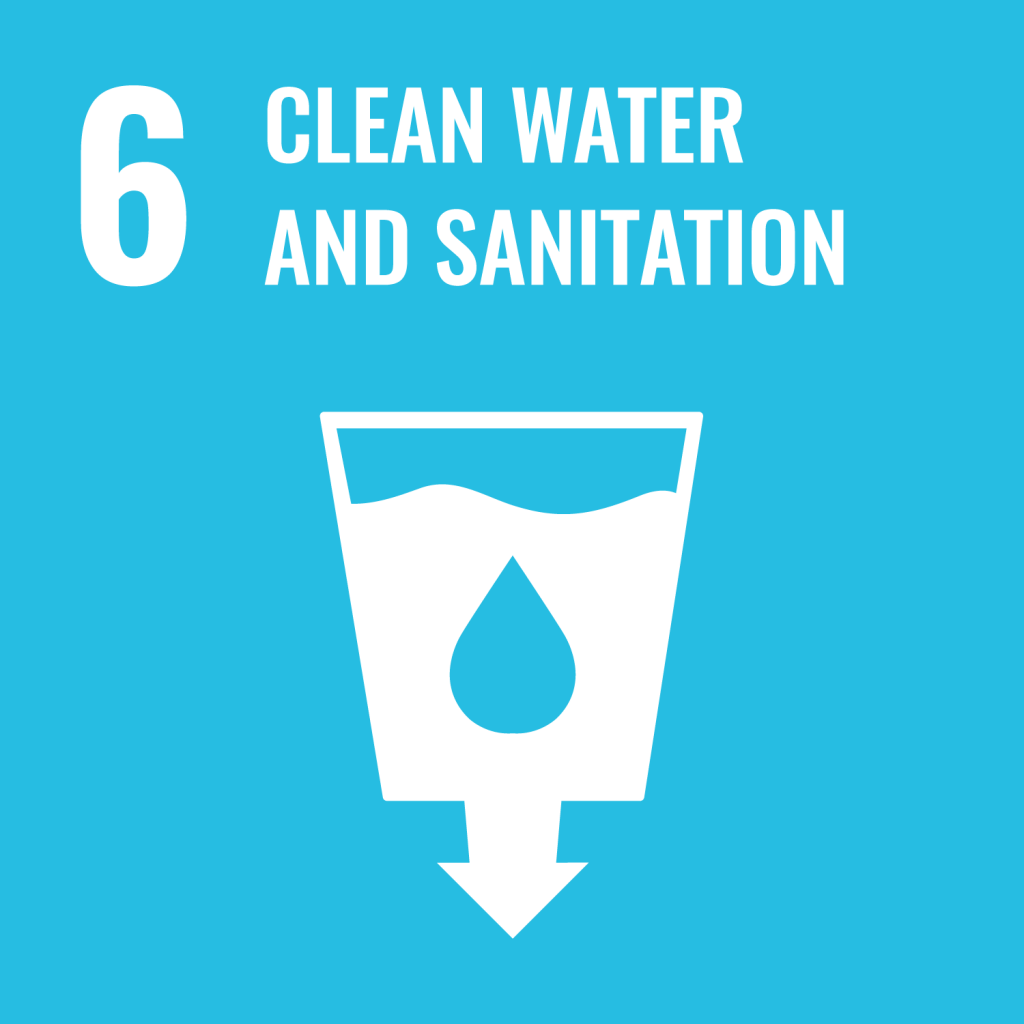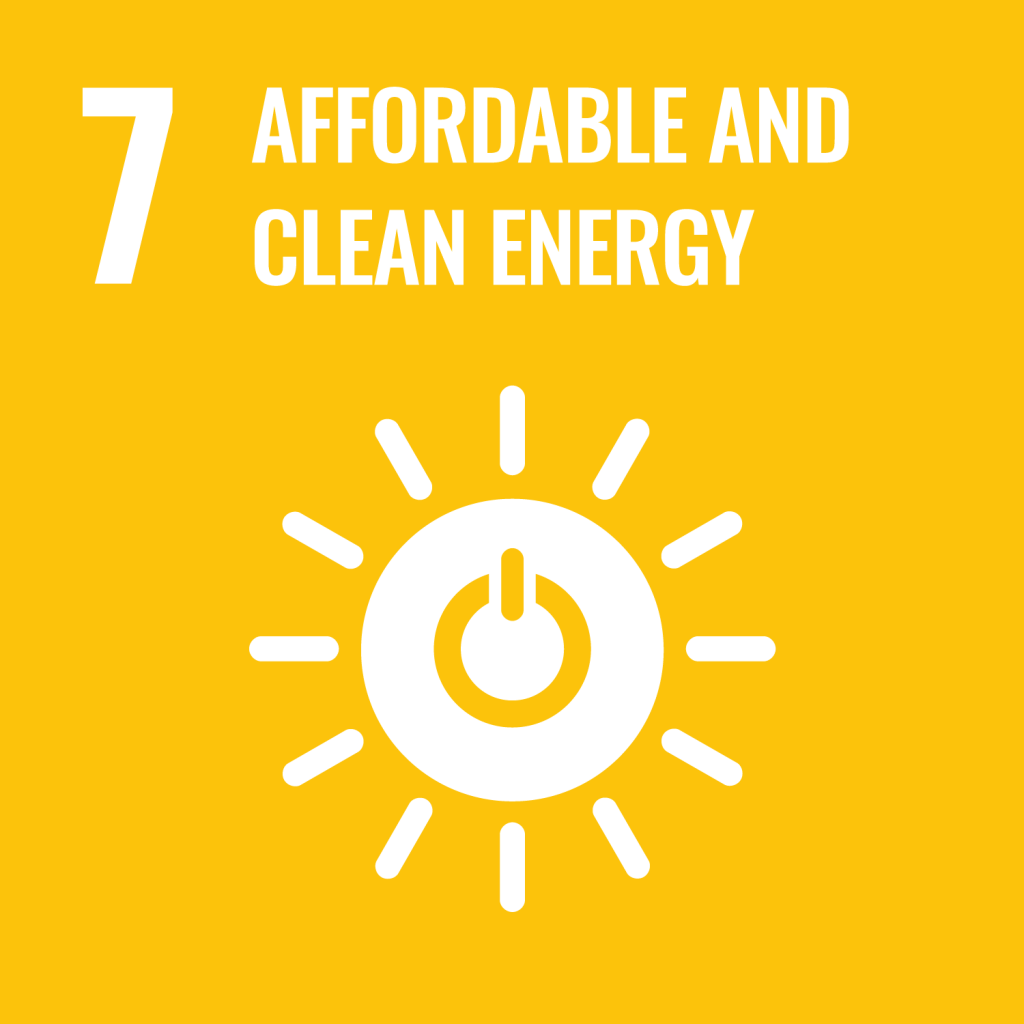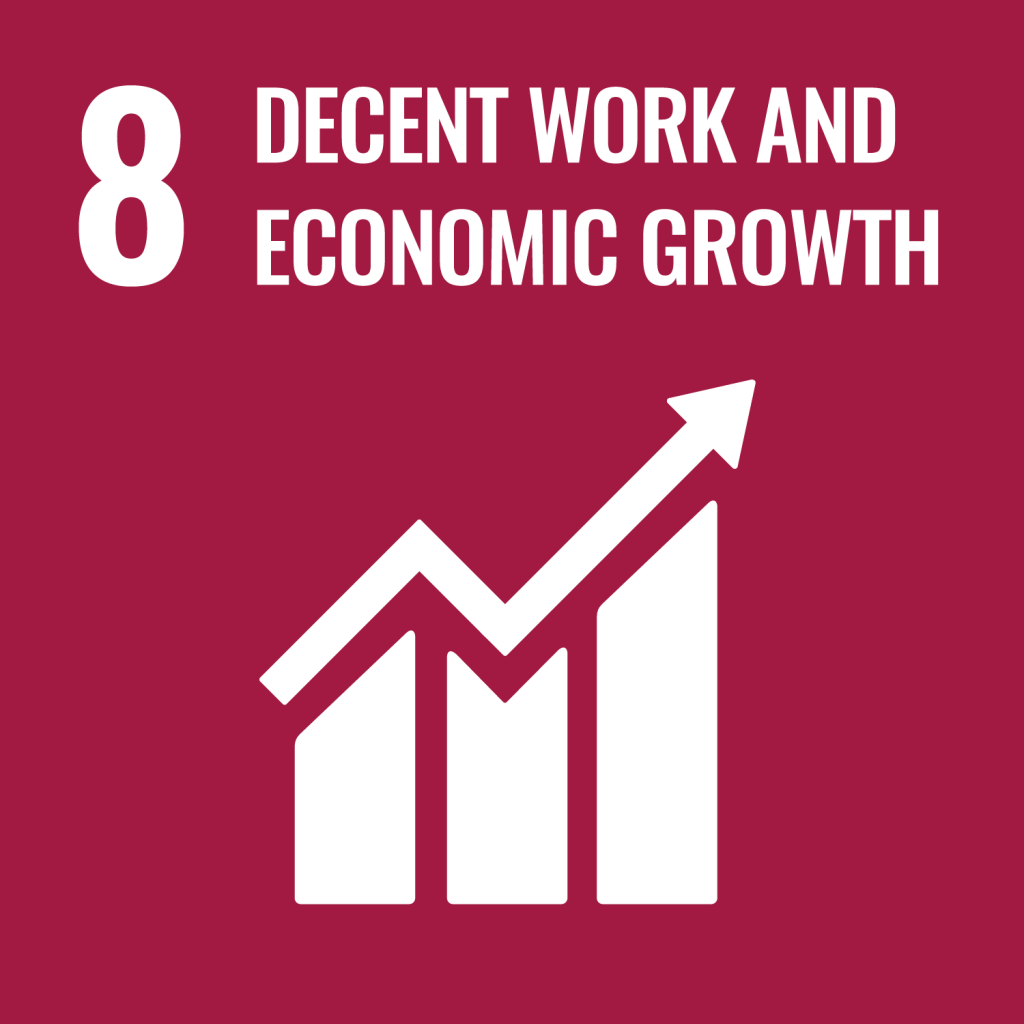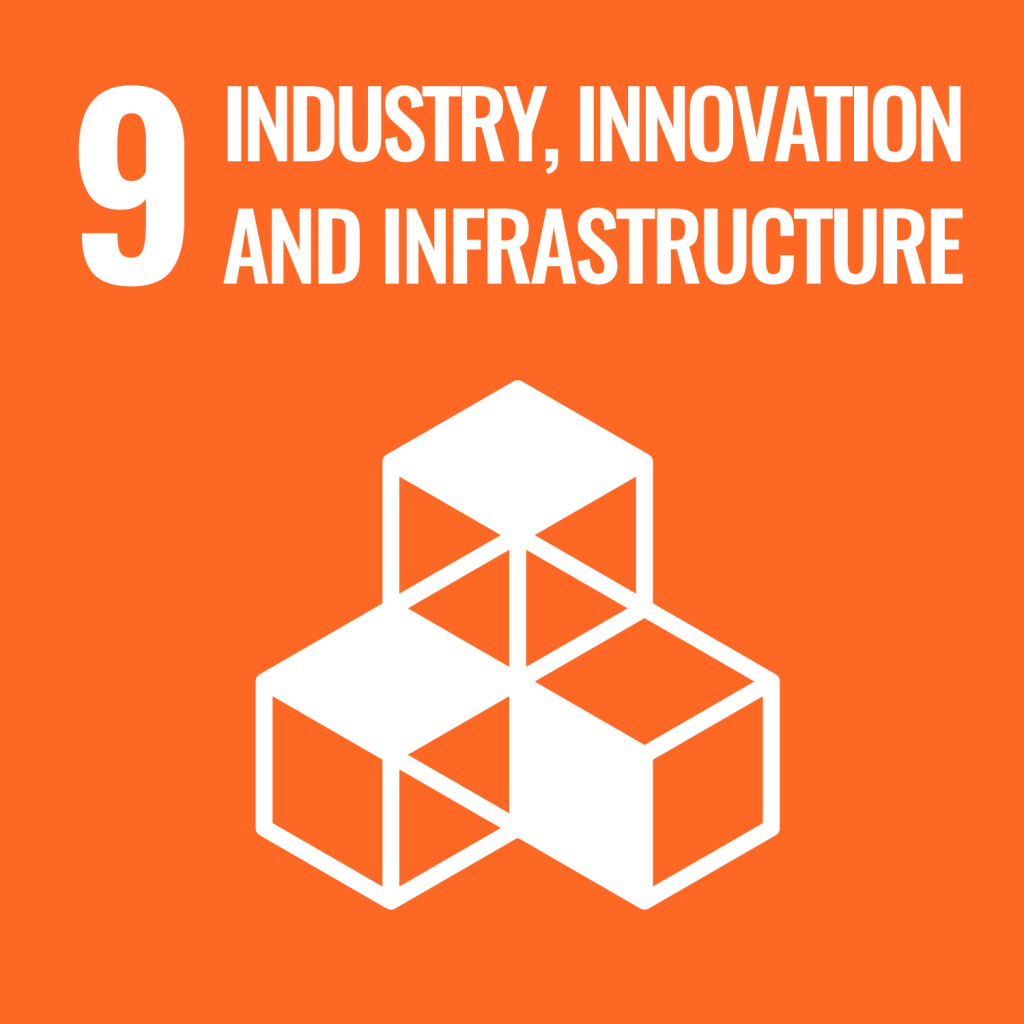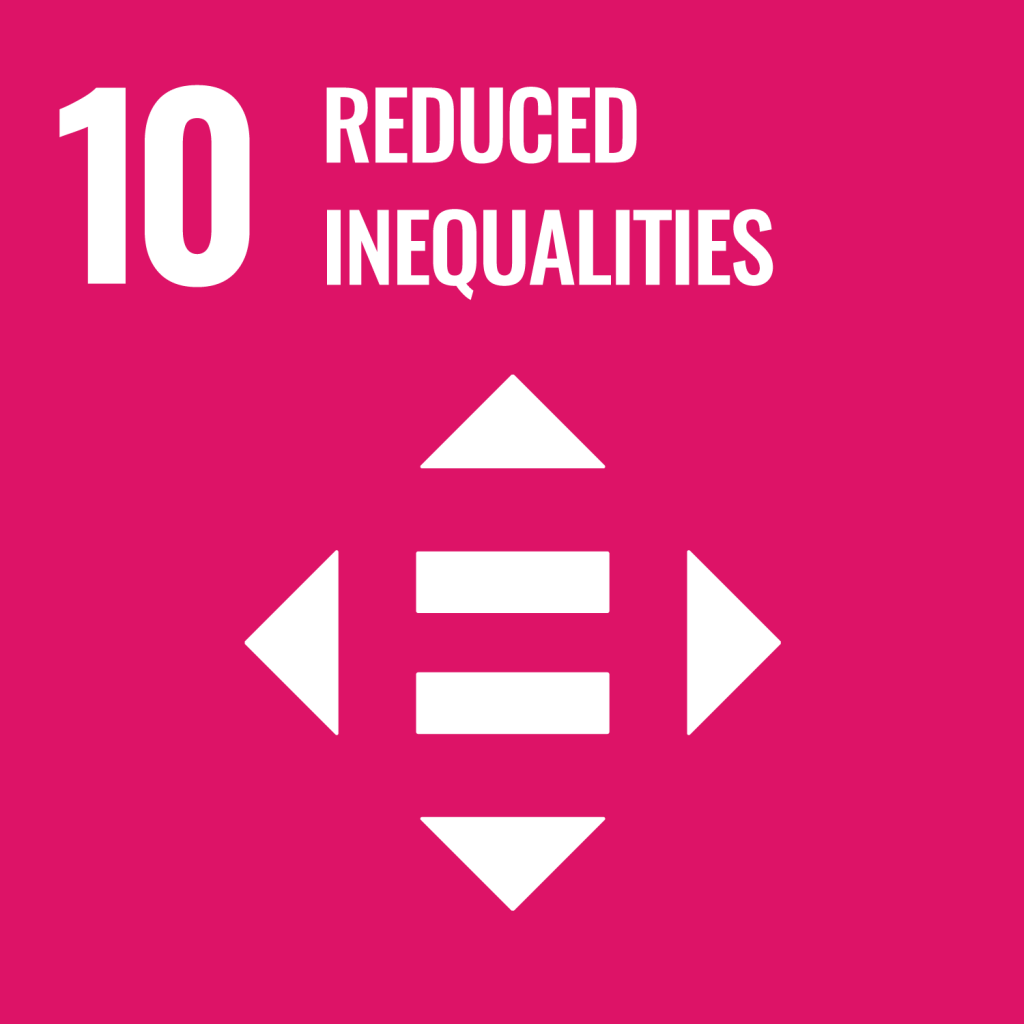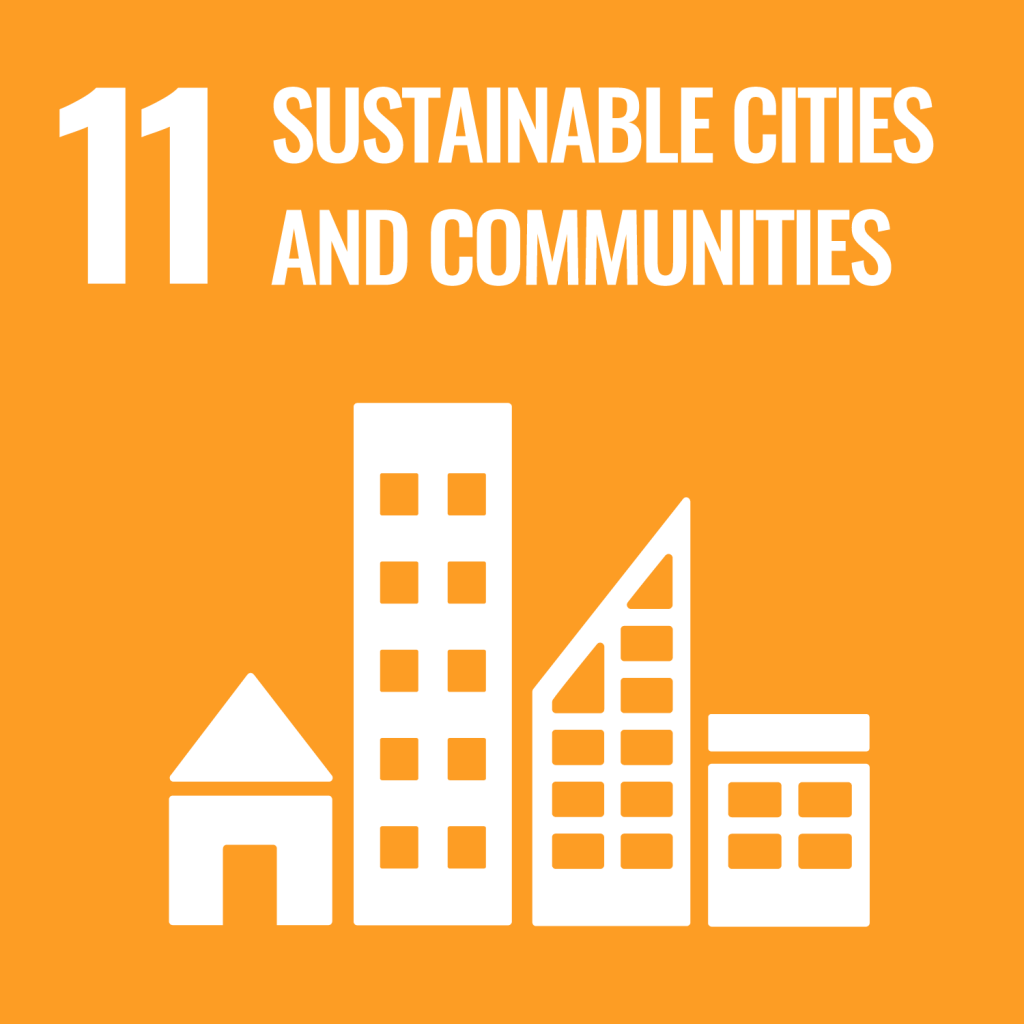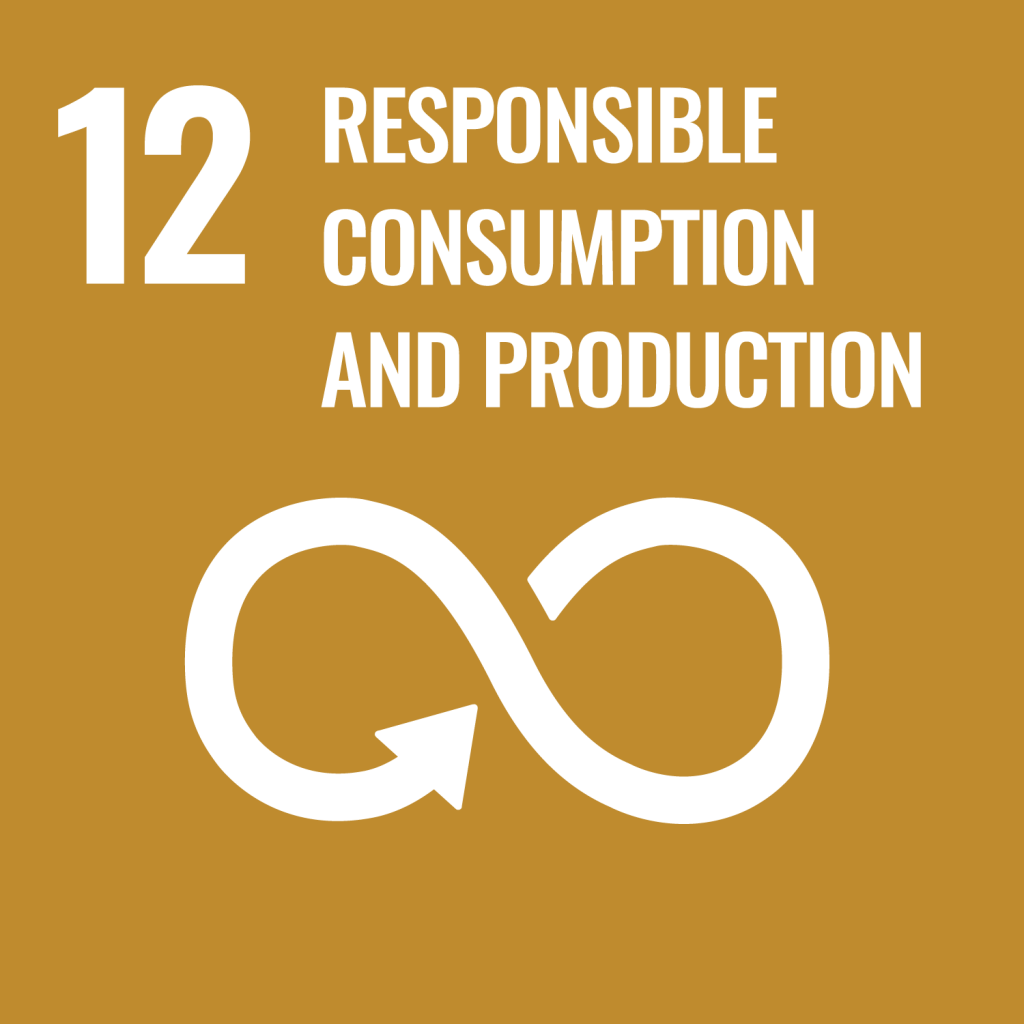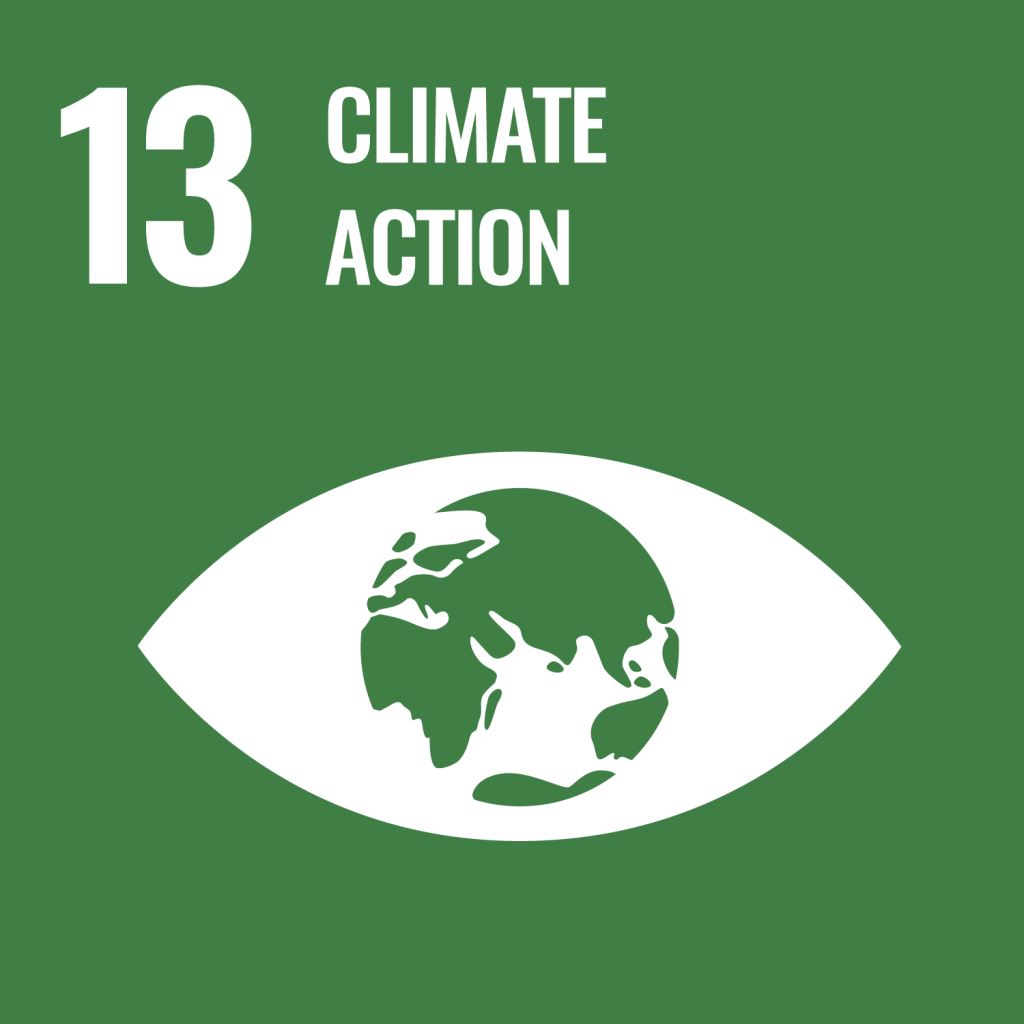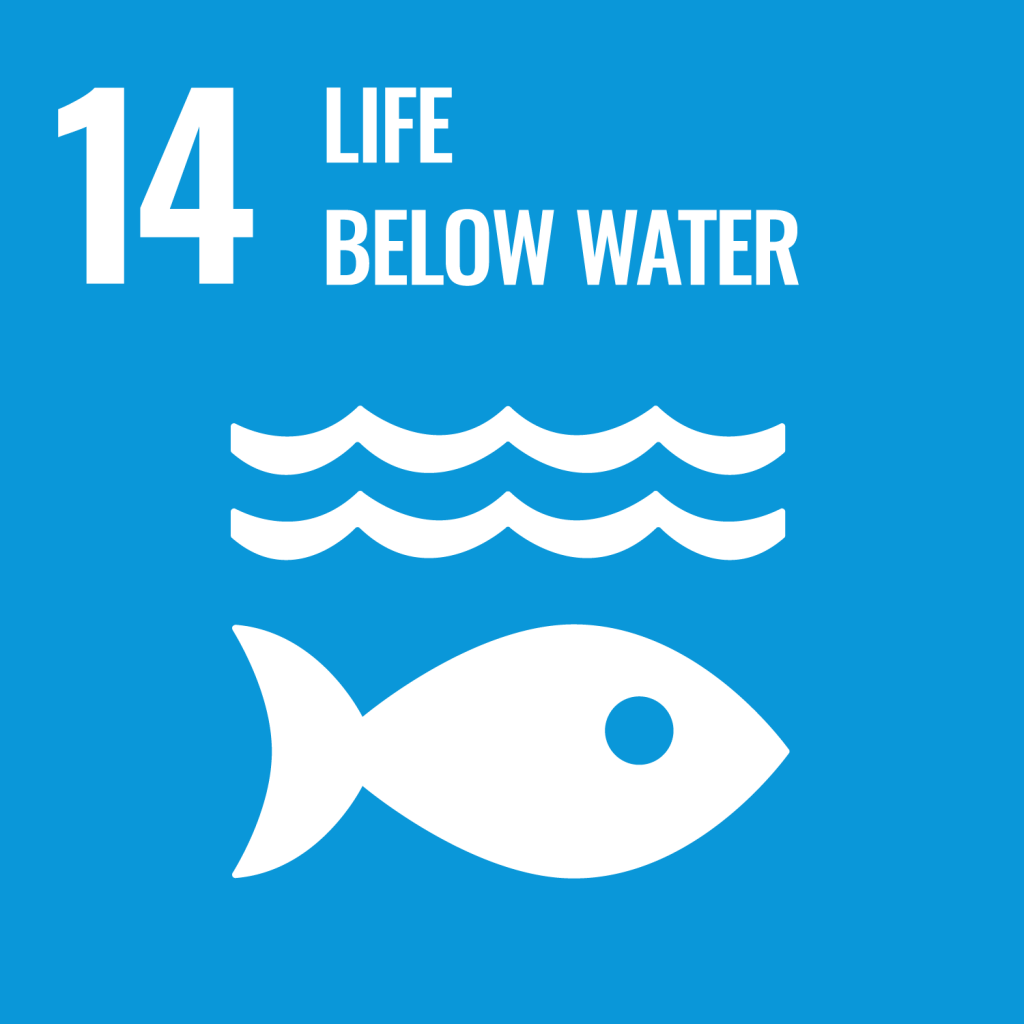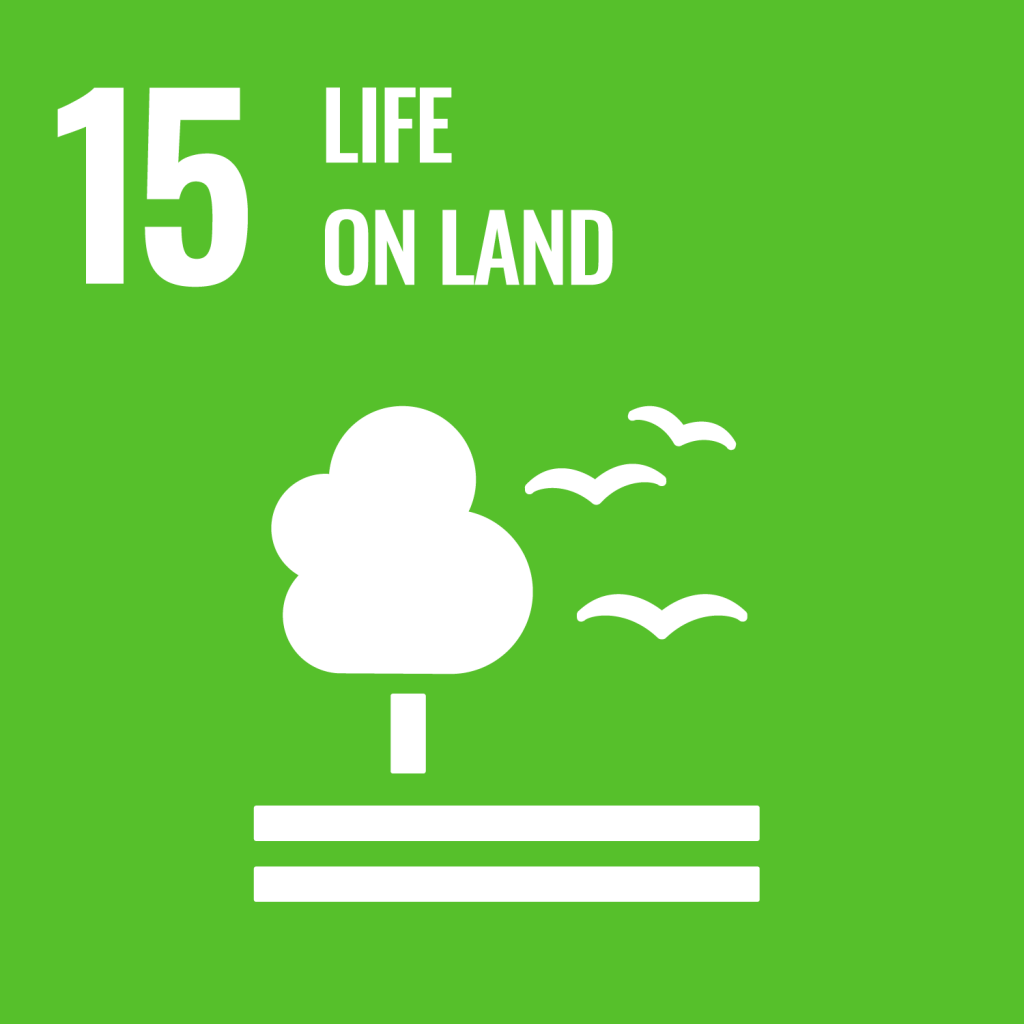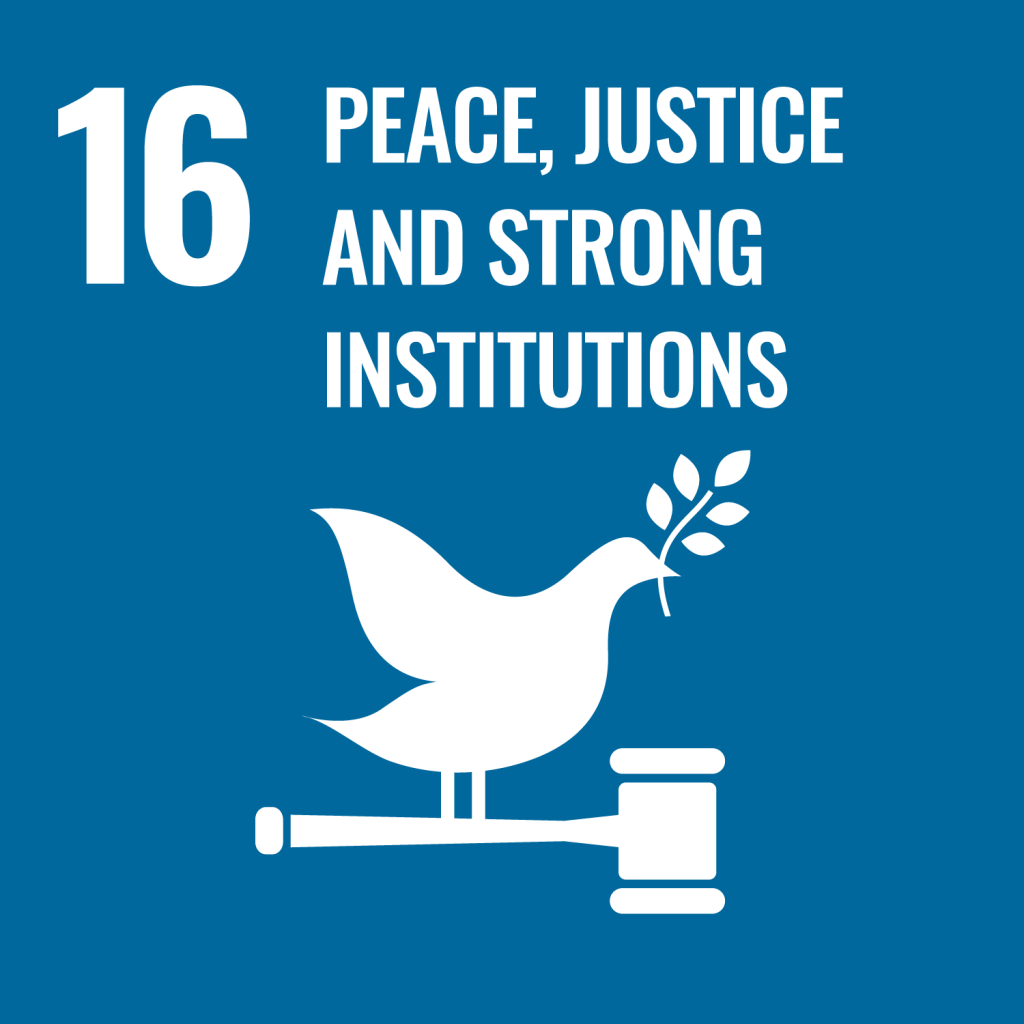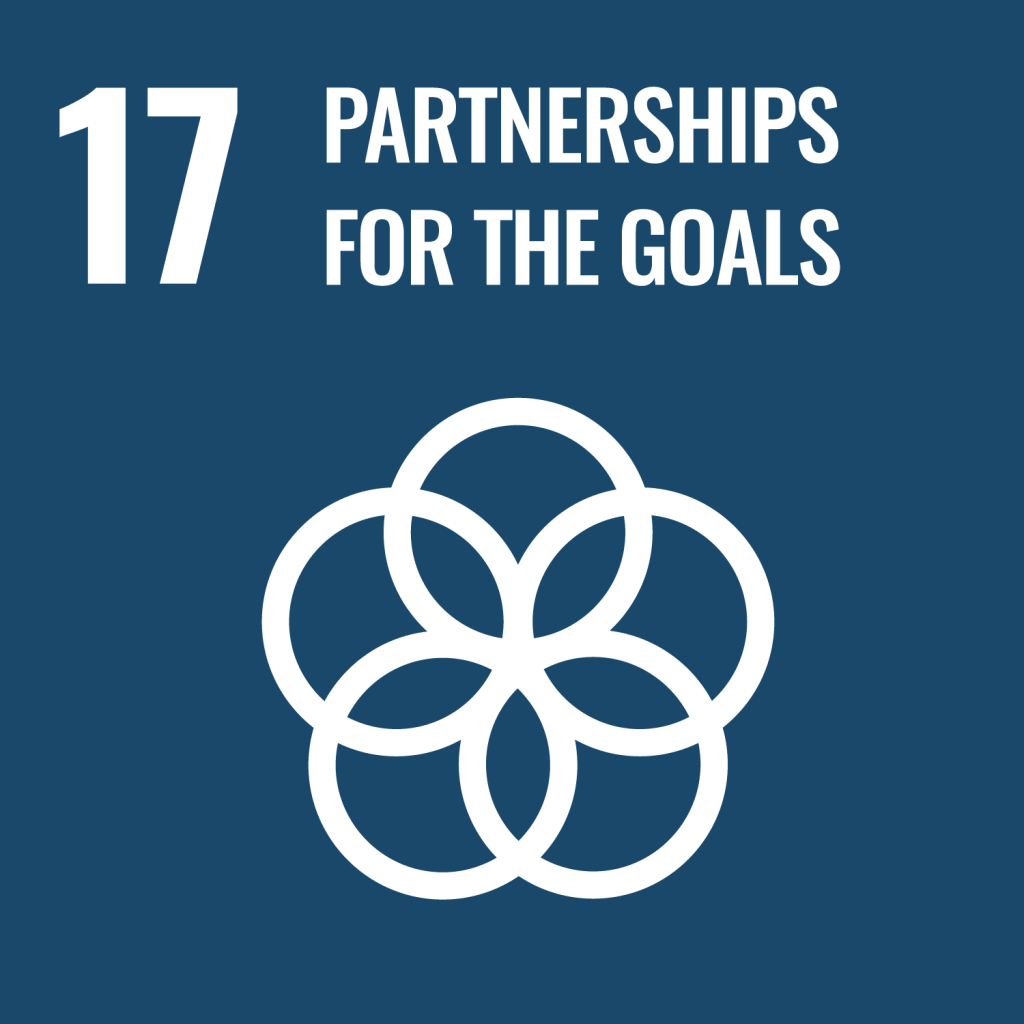What is the 2030 Agenda for Sustainable Development?
The Sustainable Development Goals (SDGs) are a collection of 17 global goals designed to be a "blueprint to achieve a better and more sustainable future for all". The SDGs, set in 2015 by the United NationsGeneral Assembly and intended to be achieved by the year 2030, are part of UN Resolution 70/1, the 2030 Agenda for Sustainable Development. The Sustainable Development Goals are:
The Sustainable Development Goals (SDGs), also known as the Global Goals, were adopted by all United Nations Member States in 2015 as a universal call to action to end poverty, protect the planet and ensure that all people enjoy peace and prosperity by 2030. The 17 SDGs are integrated—that is, they recognize that action in one area will affect outcomes in others, and that development must balance social, economic and environmental sustainability.Through the pledge to Leave No One Behind, countries have committed to fast-track progress for those furthest behind first. That is why the SDGs are designed to bring the world to several life-changing ‘zeros’, including zero poverty, hunger, AIDS and discrimination against women and girls. Everyone is needed to reach these ambitious targets. The creativity, knowhow, technology and financial resources from all of society is necessary to achieve the SDGs in every context.
What is the Role of Green Governance Initiative?
The Green Governance Initiative strives for achieving the SDGs through micro-level constituency development. The involvement of student groups, volunteers, education institutions and other civil society organisations is ensuring that United Nations’ Agenda 2030 is realised. GGI ties up with the Members of Parliament and promote an inclusive all-round development through SDG model, making the link between international cooperations and local communities a safe transmission channel. Through individual objectives associated with the National Targets, GGI aims to pinpoint existing policies towards a sustainable future by 2030.
